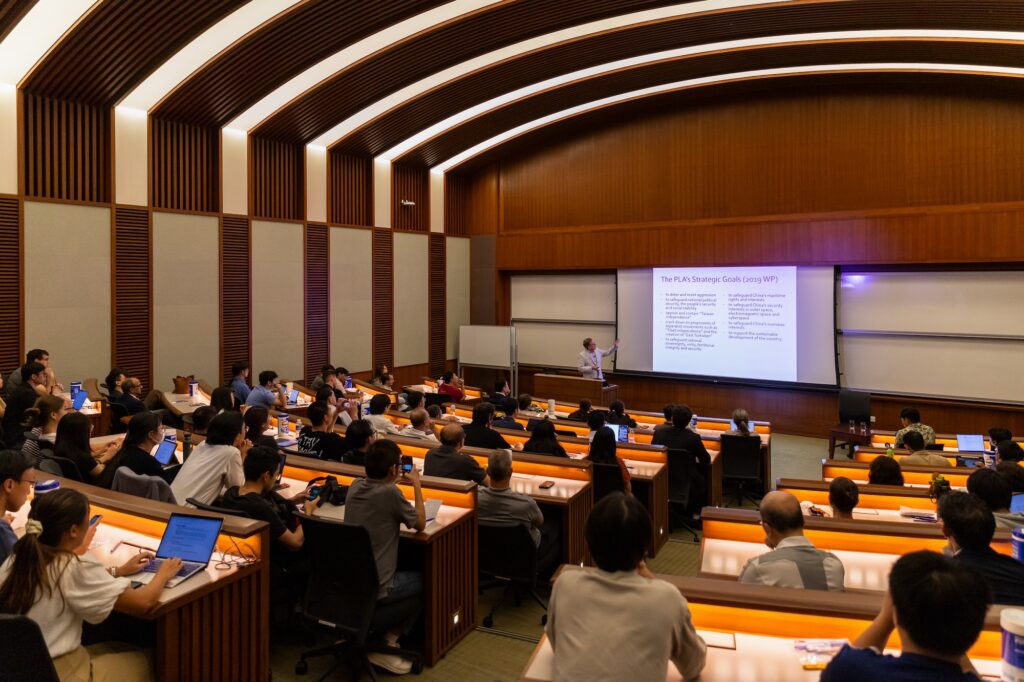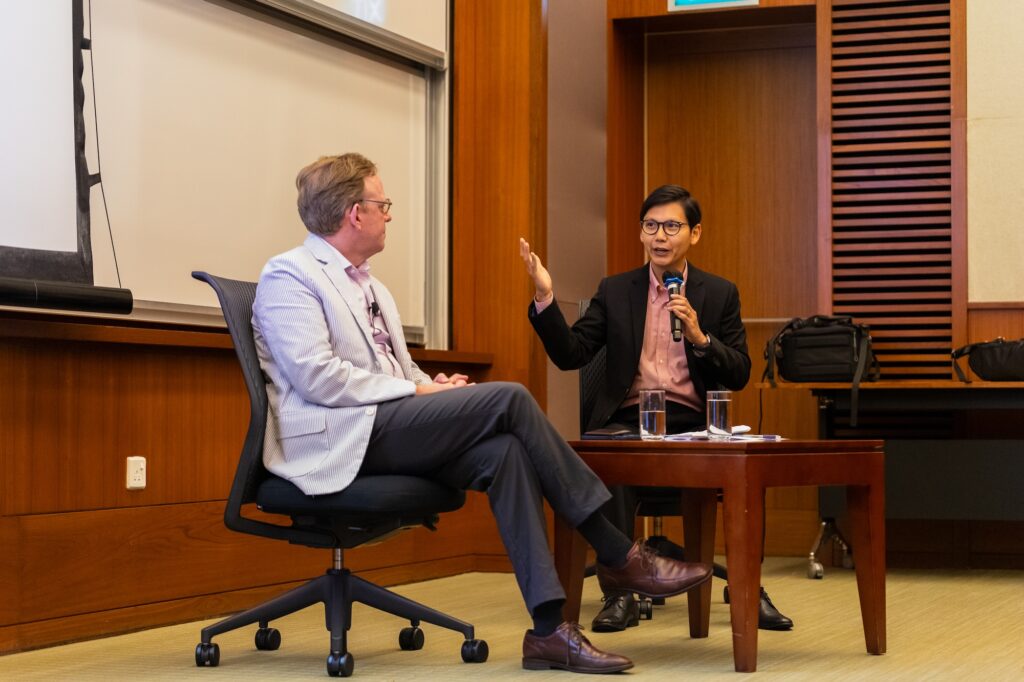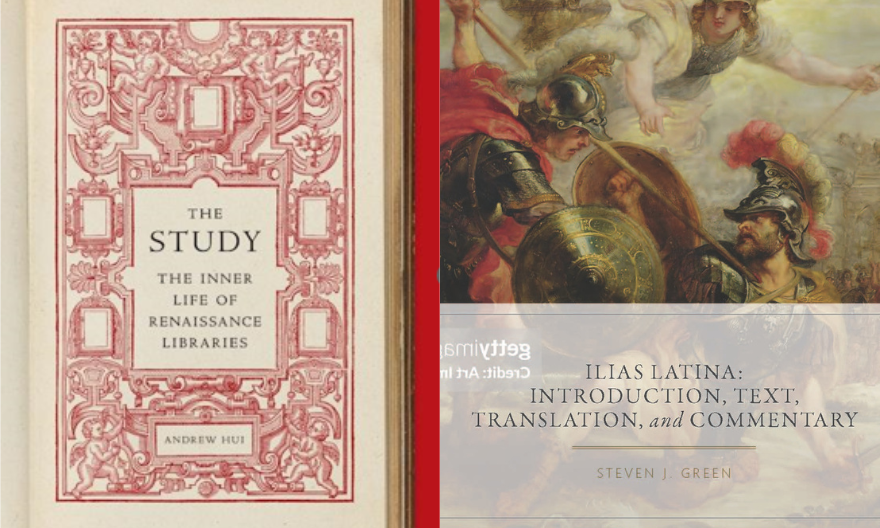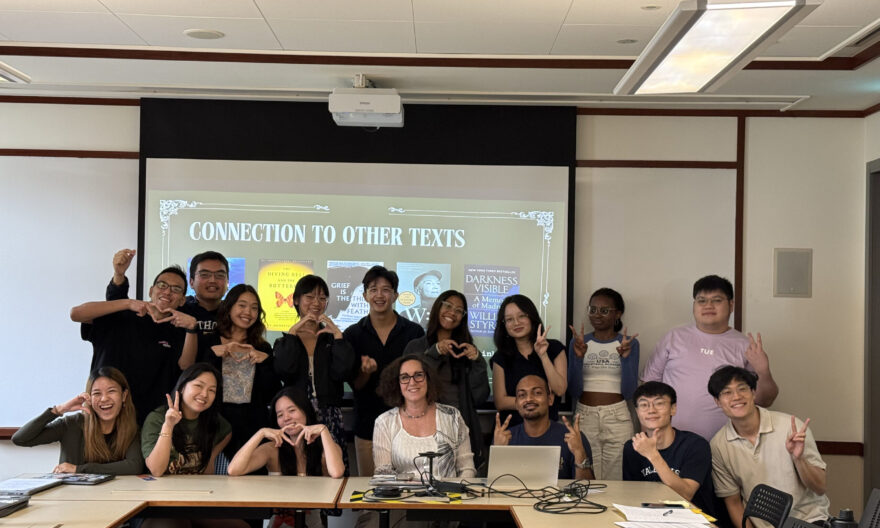Decoding China's Military Strategy
Prof Fravel from MIT unravels the evolution and implications of China’s military strategy

On 21 August 2024, Yale-NUS College welcomed Professor M. Taylor Fravel, Arthur and Ruth Sloan Professor of Political Science at Massachusetts Institute of Technology (MIT) and Director of the MIT Security Studies Programme, for an illuminating lecture titled ‘Active Defence: China’s Military Strategy and Its International Implications.’ The event was part of the Yale-NUS Lecture on Global Affairs series sponsored by the late Professor Saw Swee Hock and attracted students, faculty, and attendees eager to deepen their understanding of China’s strategic military thinking.

Prof Fravel, a leading expert in international security focusing on China, began by exploring the foundational concept of “active defence” that underpins China’s military strategy. He traced the evolution of this strategy from its origins in the early Maoist period to its current manifestation, which reflects China’s rising global influence and economic power. He emphasised that, contrary to some interpretations, China’s strategy does not encompass a “grand strategy” for global dominance but is more narrowly focused on regional contingencies and defending national sovereignty.
One of the key highlights from the lecture was Prof Fravel’s detailed examination of China’s military strategic guidelines. He noted that since 1949, China has issued a new military strategy approximately every eight years, with each one reflecting the changing geopolitical environment and technological advancements. On the significant shifts in China’s military strategy over the decades, he remarked that the early strategies were primarily defensive, and aimed at protecting China from potential invasions. However, since the 1990s, the focus has shifted towards limited war strategies designed to protect China’s sovereignty, particularly in the face of regional conflicts. For instance, the 2019 military strategy emphasises “information dominance, precision strikes, and integrated joint operations,” showcasing China’s commitment to leveraging technological advancements in warfare. He highlighted how China has built a new fleet of submarines and modern destroyers, expanded its air force with fourth and fifth-generation aircraft, and developed advanced air-launched ballistic missiles like the DF-21. With the People’s Liberation Army’s (PLA) capabilities concentrated on regional contingencies, particularly Taiwan, Prof Fravel indicated that the United States is likely to balance this by deepening its military access, support and alliances in the territory.

During the Q&A session moderated by Associate Professor Chin-Hao Huang, Head of Studies for Global Affairs at Yale-NUS College, the audience engaged in a thought-provoking discussion with Prof Fravel. Theo Godfrey (Class of 2025) posed a question about the lessons China could learn from the Russian invasion of Ukraine, given its potential implications for a conflict over Taiwan. Prof Fravel opined that Russia’s “false optimism” could have underestimated the cost and duration of the war. It is likely that China has observed the effectiveness of coalition-building by the United States and its allies, a factor that could influence China’s own strategic calculations.
Sharing his thoughts about the lecture, Theo said, “I thought Prof Fravel’s talk was extremely interesting! He went into great detail about the progression of China’s modern military strategy from Maoist beginnings all the way to its current form, explaining how China’s goals and foreign policy ambitions changed with its developing economy and evolving presence on the world stage.”
Additionally, Danielle Zheng, a policy intern at the Singapore Institute of International Affairs, echoed this sentiment. She found the lecture particularly valuable for understanding the broader implications of China’s military strategy. “The focus on the history and trajectory of the PLA’s conventional warfare strategies was equally informative. The talk provided valuable context for understanding the drivers of geopolitical tensions in the region, as well as factors contributing to decoupling and protectionism,” she said.
By hosting these insightful and globally relevant talks, Yale-NUS College continues to provide its students and the broader community with interesting opportunities to engage with leading experts in international affairs. The College remains committed to fostering an environment where dialogue and learning extend beyond the classrooms and into the community.




